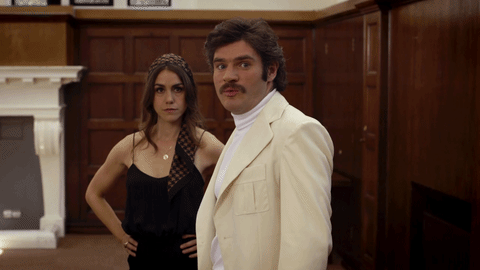Seph Stampede
Super Freak
- Joined
- Jan 22, 2011
- Messages
- 450
- Reaction score
- 5
Regarding any claims that Sapkowski didn't deliberately push for strong female characters:
Or that he doesn't explore politics and racism:
It's true that Sapkowski doesn't consider himself a social commentator, but don't pretend like the content of the books doesn't explore these ideas at all.
Andrzej Sapkowski: Being an avid fantasy reader I was sometimes really bored and disgusted with the stories in which the hero could easily have sex with any woman he wished because every woman was willing and eager to have sex with him.
In such stories the woman was the prize of the hero, a spoil of a warrior – and as such had nothing to say, could only moan and faint in the hero’s powerful embrace. I am aware of the fact that only in contact with the opposite sex – be it attraction, affectuation, confrontation or opposition – can a literary hero be fully grown.
Creating the character of Yennefer I wanted Geralt to be fully grown – but I decided to complicate things a little. I created a woman character who simply refuses to be a fantasy cliché.
Or that he doesn't explore politics and racism:
Sapkowski: In my books elves consider themselves better than humans, physically as well as intellectually. They consider their culture and tradition more developed and complex, in their eyes humans are primitive barbarians.
Themselves not being products of the evolution, elves despise humans as “originated from animals”. You may call it racism, yes. But their alliance with Nilfgaard is mainly politics – they band together with the stronger and victorious ally and hope to gain from such alliance. The younger elves – the ones around 100 years old – are however violent hotheads believing in armed resistance, guerilla war and terrorism.
It's true that Sapkowski doesn't consider himself a social commentator, but don't pretend like the content of the books doesn't explore these ideas at all.




















